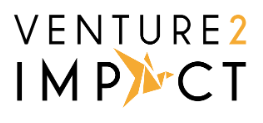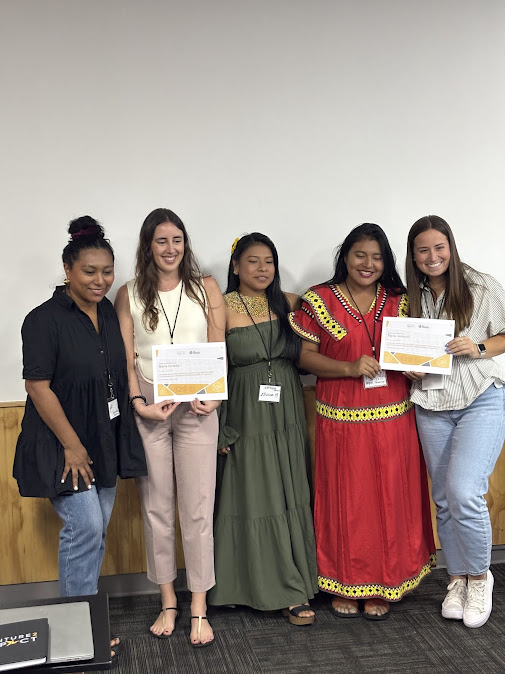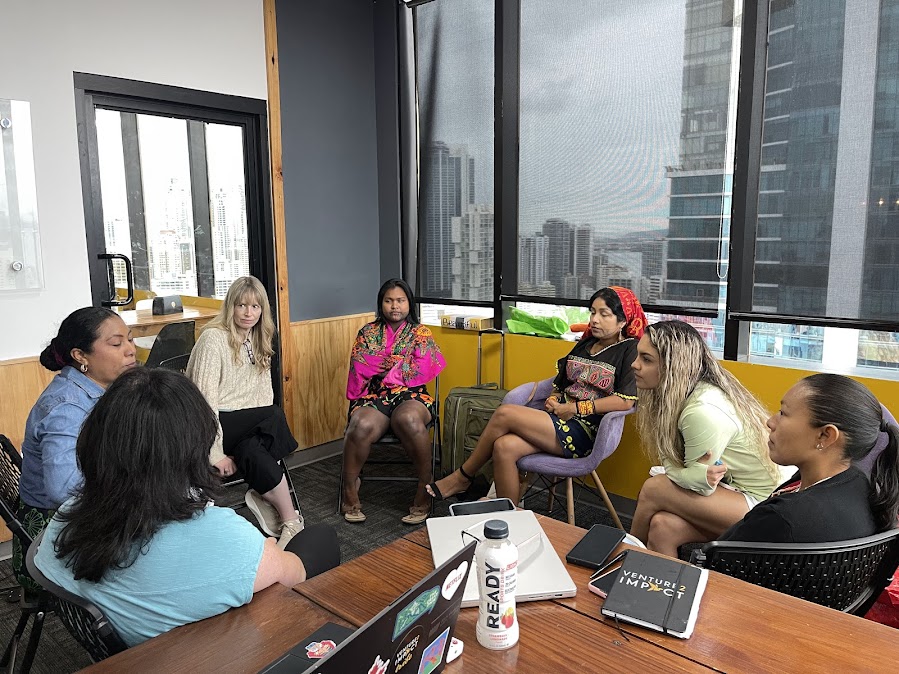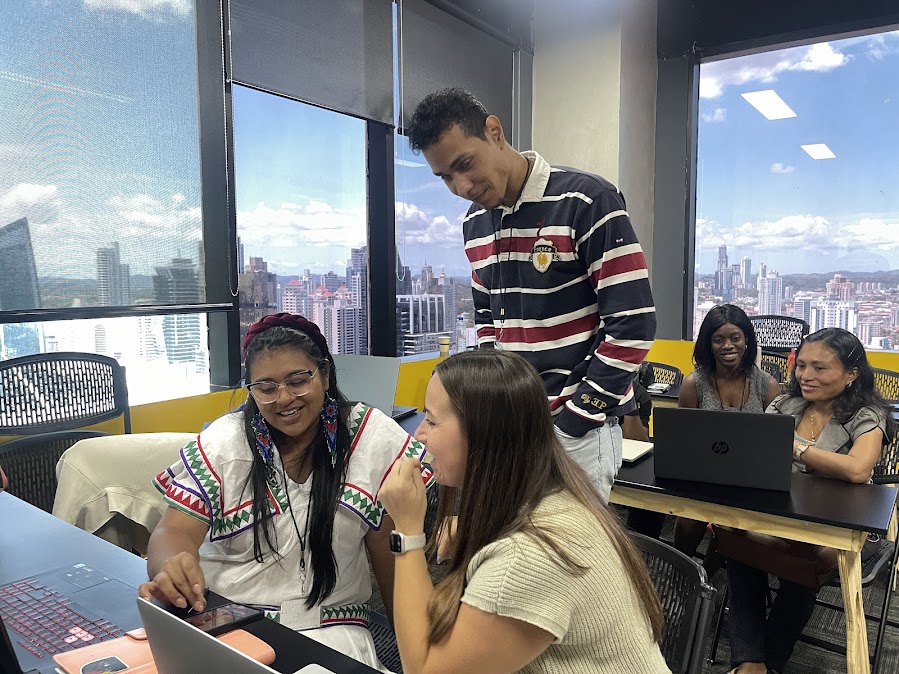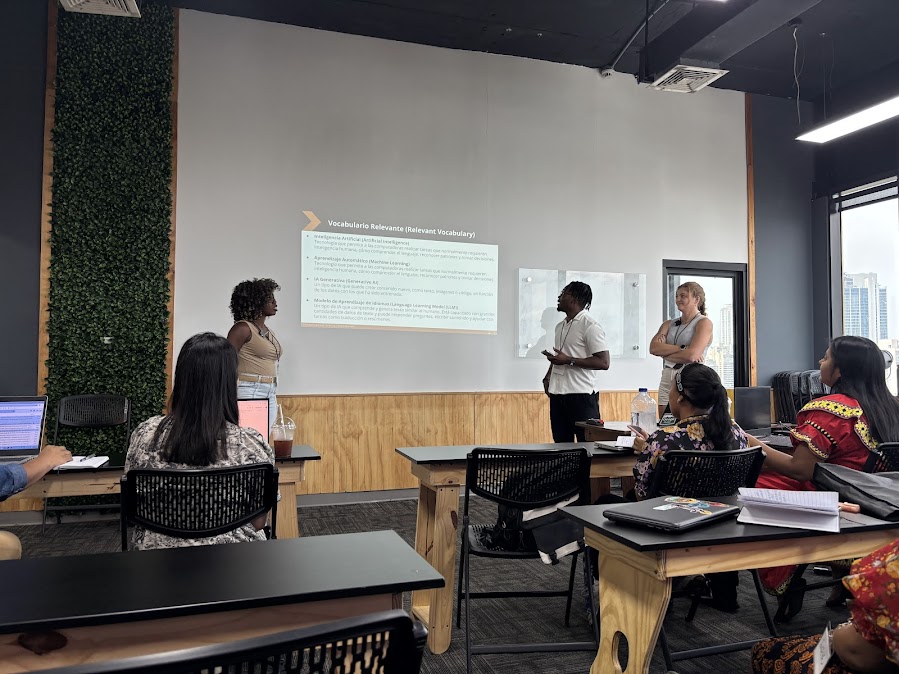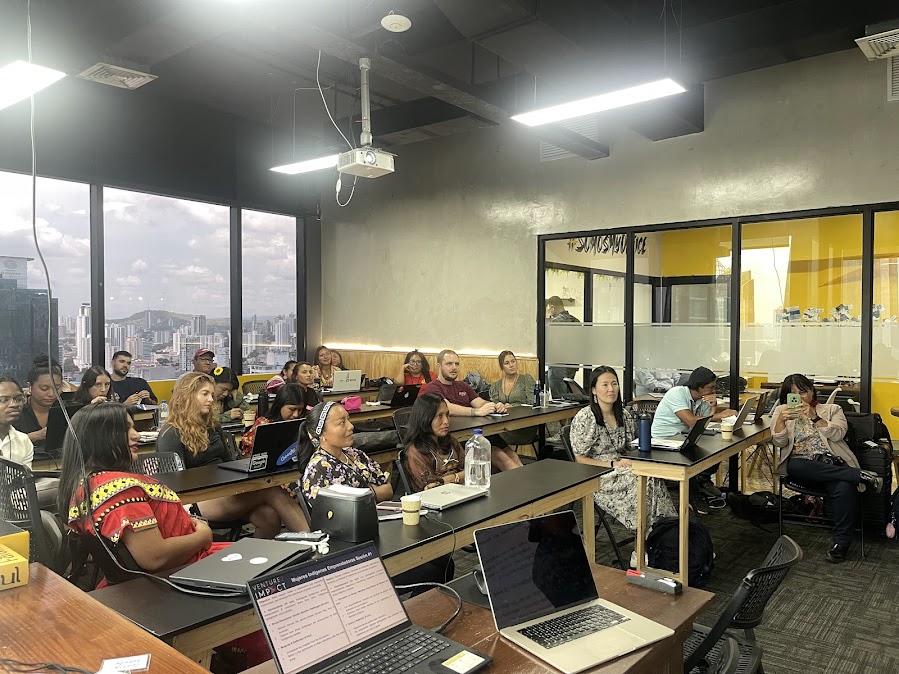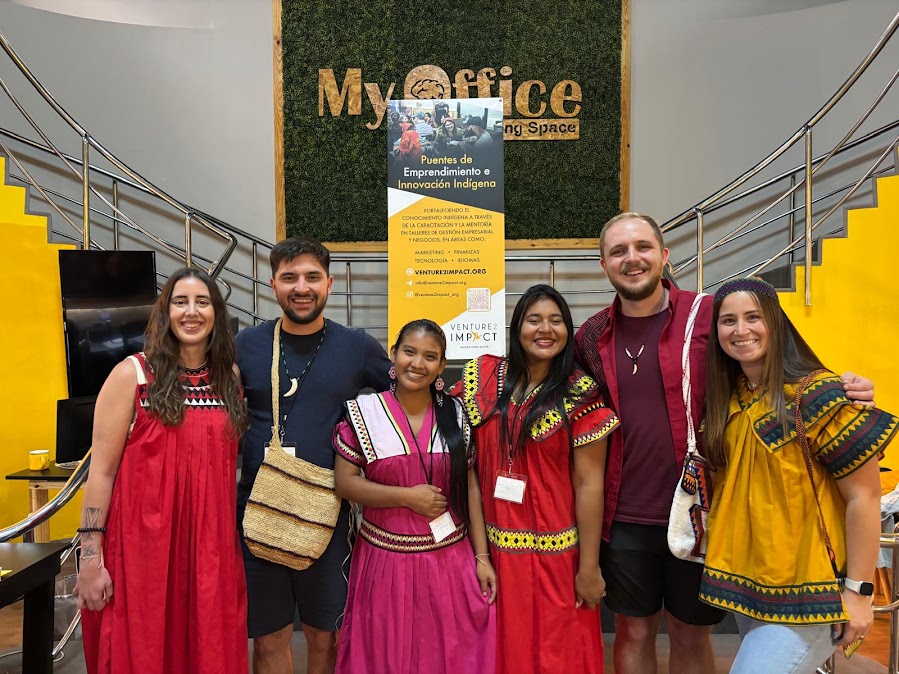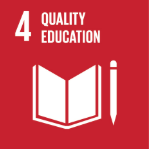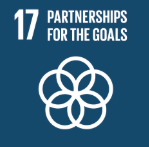
In March 2025, Venture 2 Impact (V2I) partnered with local NGOs in Panama City to deliver a three-week Volunteer Alliance Program supporting Indigenous entrepreneurs, particularly women. The program focused on building essential business skills through targeted workshops, mentoring, and peer learning.
Key outcomes included:
- 75% increase in confidence in budgeting and money management
- 50% increase in confidence in digital marketing
- 68% increase in confidence in HR management
- 30% increase in confidence in soft skills
- 26% increase in confidence in basic English business vocabulary
Beyond skill-building, the program fostered stronger networks, increased participation among Indigenous women entrepreneurs, and laid the foundation for long-term community impact.
THE CHALLENGE
Indigenous entrepreneurs in Panama face a range of systemic challenges that limit their ability to build sustainable livelihoods and grow their businesses. These include limited access to credit, low levels of financial and digital literacy, a lack of culturally relevant education and training, and few opportunities for mentorship or formal business development. These barriers are even more pronounced for Indigenous women, who often face added layers of exclusion due to gender norms, limited access to education, and restricted participation in decision-making spaces.
These challenges matter because entrepreneurship represents a critical pathway for economic independence, cultural resilience, and community development among Indigenous Peoples. When properly supported, Indigenous entrepreneurs not only strengthen their own economic security but also generate employment, invest in local communities, and preserve traditional knowledge and practices.
For this reason, the following question guided the development of our 2025 Volunteer Alliance Program, designed in close collaboration with local NGOs and community stakeholders:
How can we support Indigenous entrepreneurs in Panama City to overcome their largest barriers through educational workshops, one-on-one mentorship, and networking sessions?
THE PROJECT
V2I applied human-centered design principles and design thinking to co-create the program alongside Indigenous entrepreneurs and local stakeholders. By actively listening to the experiences of the community, the program evolved to meet context-specific needs, moving beyond generic training models. The innovation came through:
- Tailored Volunteer-Led Workshops on business strategy, digital marketing, budgeting, HR, and technologies such as AI and inventory tools.
- One-on-one mentorship Sessions that supported entrepreneurs with customized solutions for their businesses.
- Community Knowledge Sharing Spaces that encouraged peer-to-peer learning and strengthened networks among entrepreneurs
- Gender-Inclusive Design, offering spaces and sessions specifically for Indigenous women to reflect on their business journeys and navigate gender-specific challenges.
- English Language Integration to build confidence in tourism, digital markets, and global communication, identified as a key aspiration by community members themselves.
The Impact
To determine the impact of the 2025 skills-based volunteer program in Panama City, we implemented a Monitoring, Evaluation, and Learning (MEL) framework. This included a combination of Baseline Level Surveys, Post-Program Surveys, and Intermediate Post-Program Surveys. These tools were designed to track progress across a set of defined objectives, activities, and outcomes for multiple stakeholder groups, including Indigenous entrepreneurs, women entrepreneurs, local facilitators, and program volunteers.
Each objective was tied to a series of skill-building workshops, one-on-one mentorship sessions, or capacity-strengthening activities. For each objective, data was collected through self-reported assessments using a 1–5 scale to evaluate participants’ understanding and confidence levels before and after the program.
OUTCOMES
We implemented a Monitoring, Evaluation, and Learning (MEL) framework to measure the program’s outcomes across key learning and confidence metrics.
Objectives
N°1. Support the Indigenous entrepreneurs by enhancing their knowledge of sales practices and business strategies
- Entrepreneurs reported a 35% increase in their knowledge of sales practices and business strategies after the program.
- Entrepreneurs communicated a 37% increase in their confidence in sales practices and business strategies through the program.
N°2. Support the Indigenous entrepreneurs by increasing their knowledge of best practices for general and digital marketing
- Entrepreneurs reported a 40% increase in their knowledge of best practices for general and digital marketing after the program.
- Entrepreneurs communicated a 50% increase in their confidence in best practices for general and digital marketing through the program.
N°3. Support the Indigenous entrepreneurs by increasing their budgeting and money management skills
- Entrepreneurs reported a 68% increase in their knowledge of budgeting and money management skills after the program.
- Entrepreneurs communicated a 75% increase in their confidence in budgeting and money management skills through the program.
N°4. Support the Indigenous entrepreneurs by increasing their knowledge of best practices for managing and operating Human Resources and executing their essential skills (leadership, communications, public speaking) through their business endeavors
- Entrepreneurs reported a 60% increase in their knowledge of Human Resources skills after the program.
- Entrepreneurs communicated a 68% increase in their confidence in Human Resources skills through the program.
- Entrepreneurs reported a 29% increase in their knowledge of Soft Skills after the program.
- Entrepreneurs communicated a 30% increase in their confidence in Soft Skills through the program.
N°5. Support the Indigenous entrepreneurs by increasing their knowledge of best practices for utilizing technology and digitizing their business operations
- Entrepreneurs reported a 22% increase in their knowledge of IT and Digitization after the program.
- Entrepreneurs communicated a 21% increase in their confidence in IT and Digitization skills through the program.
N°6. Support Indigenous entrepreneurs by providing workshops to enhance their English language skills, enabling better communication in business contexts, international markets, and networking opportunities
- Entrepreneurs reported a 34% increase in their knowledge of basic English business terminology after the program.
- Entrepreneurs communicated a 26% increase in their confidence in basic English business terminology through the program.
N°7. Support Indigenous entrepreneurs by fostering a collaborative environment to exchange ideas, share success stories, and address common challenges, building a supportive network and enhancing community solidarity
- Entrepreneurs reported a 6% increase in their ability to participate in Indigenous entrepreneurship upskilling programs.
N°8. Support Women Indigenous Entrepreneurs by offering dedicated sessions to connect, share experiences, and address gender-specific barriers, fostering mutual support and advancing their business ventures.
- Indigenous women entrepreneurs perceived the knowledge-sharing opportunities to be highly satisfactory throughout the program.
- Indigenous women entrepreneurs reported a 13% increase in their confidence in participating in Indigenous entrepreneurship upskilling programs following the program.
- 75% of Indigenous women entrepreneurs perceived a high level of confidence in their ability to participate equitably in entrepreneurial activities.
Additional Highlights
Training Satisfaction and Impact
- 93.8% of the participants were very satisfied with the training content.
- 87.5% of the participants were very satisfied with the training delivery.
- 100% of the participants strongly agreed that the training was useful.
- 100% of the participants strongly agreed that the activities were culturally sensitive and appropriate, incorporating the approach of Indigenous entrepreneurs.
- 86.6% of the participants strongly agreed that they learned new knowledge useful for their work with the community.
- 93.3% of the participants strongly agreed that they developed important competencies or skills.
- 86.6% of the participants strongly agreed that what they learned would benefit their community's development.
- 93.3% of the participants strongly agreed that they will share what they have learned with other members of the community.
